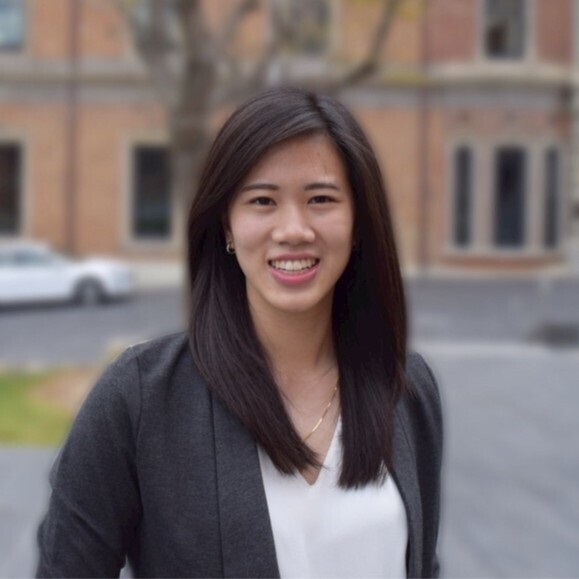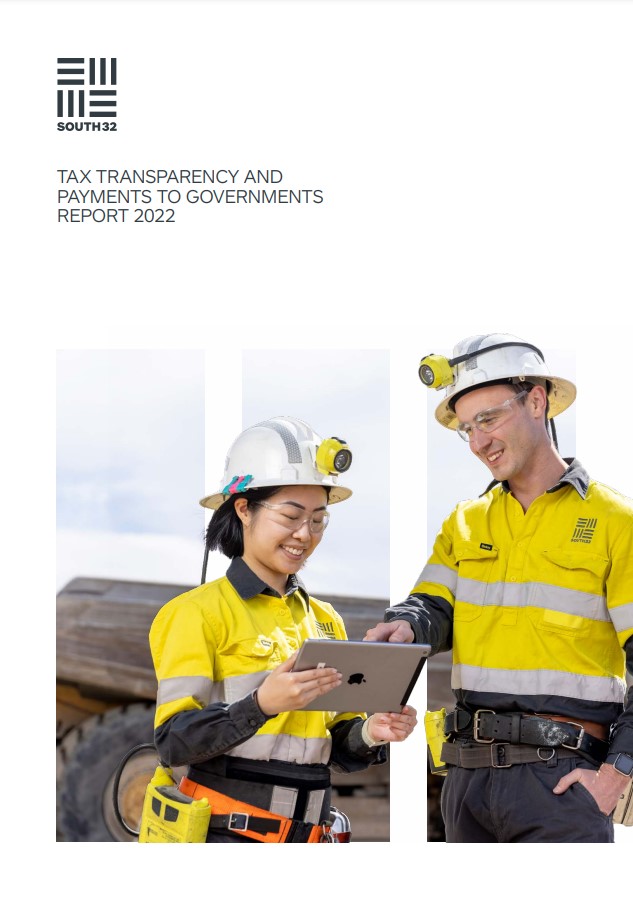
01 MAY 2022
Graduate Data Science
What's your job about?
As a graduate data scientist in our Perth office, I work closely with business stakeholders to understand their goals and determine how data can be used to achieve those goals. The data science team mainly designs data modelling processes, creates algorithms and predictive models to extract data the business needs, and helps analyse the data and shares insights with peers.
What's your background?
I was born and raised in Indonesia up until I was 13. I used to play badminton competitively and was offered a partial athletic scholarship at one of the high schools in Singapore, so I moved there for secondary school and junior college. After that I came to Perth to study mathematics, statistics and finance at the University of Western Australia. I wasn’t planning on being a data scientist when I was choosing my major, but I do not regret it.
As I was applying for jobs, I saw an ad for a graduate data scientist at South32 and I immediately applied for it. Thankfully, I got the position and have been working here for two years. I love the culture and work-life balance at South32.
Could someone with a different background do your job?
I would say yes, it would be challenging but not impossible as long as you have the right attitude. You need to have a natural curiosity and a passion for continuous, self-driven learning as well as strong communication skills. The role is very technical, but nothing you can’t learn on the job.
What's the coolest thing about your job?
The coolest thing about my job is being able to identify the likelihood of future outcomes based on historical data using data, statistical algorithms and machine learning techniques. Some real-world examples include labelling an x-ray as cancerous or not, predicting whether a transaction is fraudulent or legitimate, or assigning a name to a photographed face.
What are the limitations of your job?
Data science is a vast field. It includes massive sub-fields including topics of big data, data mining, machine learning, and so much more. It uses scientific methods, processes, algorithms, and systems to extract knowledge and insights from many structural and unstructured data. It’s an endless learning cycle and can be extremely strenuous.
What are three pieces of advice for yourself when you were a student?
Try as many new things as possible, always keep an open mind and most importantly, have fun!
Topics
